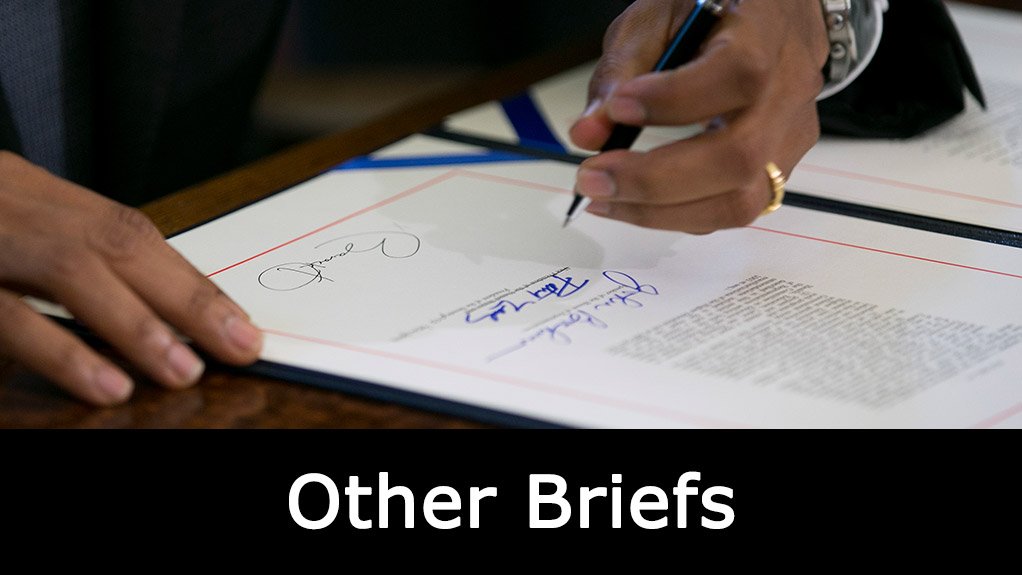The best place to start dealing with sick leave abuse as an employer is to understand what the Basic Conditions of Employment Act (BCEA) states regarding sick leave.
Section 22 of the Basic Conditions of Employment Act stipulates that:
1. “Sick leave cycle” means the period of thirty-six (36) months of employment with the same employer immediately following:
(a) An employee’s commencement of employment; or
(b) The completion of that employee’s prior sick leave cycle.
2. During every sick leave cycle, an employee is entitled to an amount of paid sick leave equal to the number of days the employee would normally work during a period of six (6) weeks.
3. Despite Subsection (2), during the first six (6) months of employment, an employee is entitled to one (1) day of paid sick leave for every twenty-six (26) days worked.
4. During an employee’s first sick leave cycle, an employer may reduce the employee’s entitlement to sick leave in terms of Subsection (2) by the number of days of sick leave taken in terms of Subsection (3).
Section 23 states that:
1. An employer is not required to pay an employee in terms of Section 22 if the employee has been absent from work for more than two (2) consecutive days or on more than two (2) occasions during an eight-week (8) period and, on request by the employer, does not produce a medical certificate stating that the employee was unable to work for the duration of the employee’s absence on account of sickness or injury.
2. The medical certificate must be issued and signed by a medical practitioner or any other person certified to diagnose and treat patients and registered with a professional council established by an Act of Parliament.
3. If it is not reasonably practicable for an employee who lives on the employer’s premises to obtain a medical certificate, the employer may not withhold payment in terms of subsection (1) unless the employer provides reasonable assistance to the employee to obtain the certificate.
In terms of the above-mentioned Act, there are thus two (2) requirements for a medical certificate to be deemed a valid medical certificate:
- A medical certificate must state that the employee was unfit to perform their normal duties because of illness and must be based on the professional opinion of the medical practitioner.
- A medical practitioner must issue the certificate.
- A certificate that merely states that the practitioner “was informed by the patient to be ill” may be considered not to be a valid medical certificate since the practitioner did not declare in their professional opinion that the employee was, in fact, unfit to perform their normal duties because of an illness. Such certificates merely indicate that the practitioner saw the patient, for example, a check-up, where they were informed that the patient was unfit for duty.
The abuse of sick leave naturally creates problems in the workplace. Employers are then forced to rely on other employees or replacement staff to fill in the gap, but more importantly, it may impact the relationship between the employer and employee.
Where an employee takes sick leave too frequently, the question may arise as to whether the employee is genuinely ill or whether the employee is, in fact, abusing sick leave. This will depend on the facts and circumstances surrounding the employee’s absence.
Medical certificates are submitted to confirm that one is medically unfit to report for duty. For example, if an employee tenders a medical certificate and is found in a holiday resort for a vacation, the company has the right to investigate and conduct a disciplinary hearing.
If an employee alleges that they are sick and hands in a fake note, they could face an ultimate dismissal on the grounds of dishonesty as the trust relationship between employer and employee has been irretrievably broken. Therefore, employers need to ensure that any submitted medical certificate meets the criteria laid out by the HPCSA to avoid sick leave fraud and loss of earnings.
The Evidence Amendment Act 45 of 1998 clarifies that hearsay evidence includes evidence given in writing by a person other than the deponent to an affidavit. This means that a medical certificate submitted by the employee is evidence given in writing by another person and, therefore, constitutes hearsay evidence.
Hearsay evidence is not admissible unless it is supported by other direct evidence. This means that should an employee wish to rely on a medical certificate as evidence during a disciplinary hearing or as proof of the absence, the medical certificate will remain hearsay evidence unless the medical practitioner testifies or provides a supplementary affidavit in support of the medical certificate.
In Mgobhozi v Naidoo NO & others [2006] 3 BLLR 242 (LAC), the Labour Appeal Court confirmed that medical certificates without supporting evidence from doctors might amount to hearsay and courts should be especially vigilant to prevent abuse. The court stated that the absence of supporting affidavits from doctors led to an inference that the doctors were not prepared to defend the certificate under oath.
Factors that the employer should investigate if an employee is suspected of abusing sick leave:
- Frequency of absence.
- Whether or not the absence always happens at a particular time, e.g. Fridays and Mondays.
- Whether the employee provides a medical certificate.
- The employee’s conduct around the period of absence.
Sick leave is often misinterpreted by employees and used for reasons other than those stipulated in the Act. Sick leave should thus solely be used when the individual is medically unfit to perform their normal duties due to sickness or injury.
Written by Amanda Koesnell, Dispute Resolution Official at Consolidated Employers Organisation (CEO SA)
EMAIL THIS ARTICLE SAVE THIS ARTICLE ARTICLE ENQUIRY
To subscribe email subscriptions@creamermedia.co.za or click here
To advertise email advertising@creamermedia.co.za or click here











